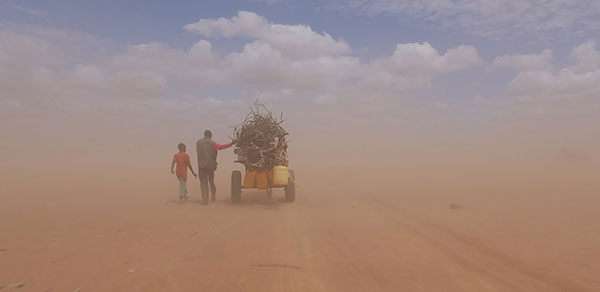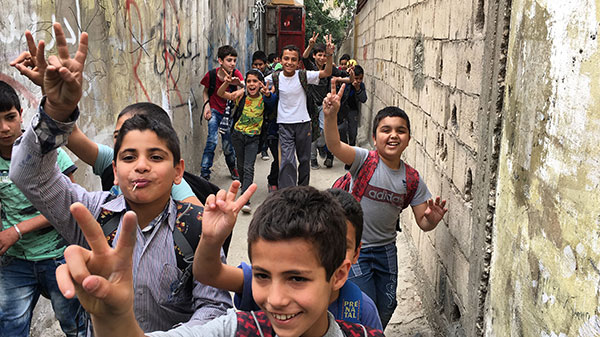Human Flow is a documentary by Chinese artist Ai Weiwei on the ongoing refugee crisis. It’s a film conceived on a scale that attempts to do justice to what is surely the great tragedy of our age. From the vast camps of displaced people in Lebanon and Kenya through the long columns of refugees marching across a wintry landscape in northern Greece towards further entry into mainland Europe to the defensive barriers looming over borderlands in Israel and Texas, this is a work of panoramic scope, truly global in outlook, dispatches from dozens of countries on the misery of forced migration and the pain of exile.
https://www.youtube.com/watch?v=pbjLm20ozC0
It is sombre and (to risk a rather pompous word) necessary viewing. Human Flow has the virtues of good journalism: through its ceaseless globetrotting of sites of refugee movement and judicious selection of talking-head experts, it offers a sobering and in-depth account of the interconnected causes of the crisis (notably war, climate change and global inequality). But Ai Weiwei is an artist not a journalist, and his film is invested less with an attitude of cool analysis than a sense of stark visual poetry.
Drone footage high above a temporary settlement in Turkey illustrates the sheer enormity in number of displaced Kurds far more effectively than any statistic could – although these too are provided by on-screen text. A short sequence about a caged tiger that ended up in Gaza via one of the tunnels to and from Egypt evokes the feeling of entrapment suffered by the Palestinian people with wordless eloquence.

But the immersive, impressionistic approach has its flaws. There is, for instance, quite a lot of footage of Ai himself. Travelling from refugee camp to refugee camp, recording events with an iPhone that is like an extension of his arm, he’s an amiable and curious surrogate for what must be the film’s intended audience: people like us, secure in the developed world.
A short sequence about a caged tiger that ended up in Gaza via one of the tunnels to and from Egypt evokes the feeling of entrapment suffered by the Palestinian people with wordless eloquence
At times his presence feels redundant. Is the shot of him grilling meat in Calais’ infamous Jungle really necessary? Or, from the beginning of the film: he’s seen helping a drenched and exhausted refugee from an overloaded boat that’s made it to a Greek island. He wraps an arm around the poor man in a protective embrace, but dangling from his other arm is that omnipresent iPhone. Given the circumstance this struck me a fairly inappropriate moment for a selfie.










